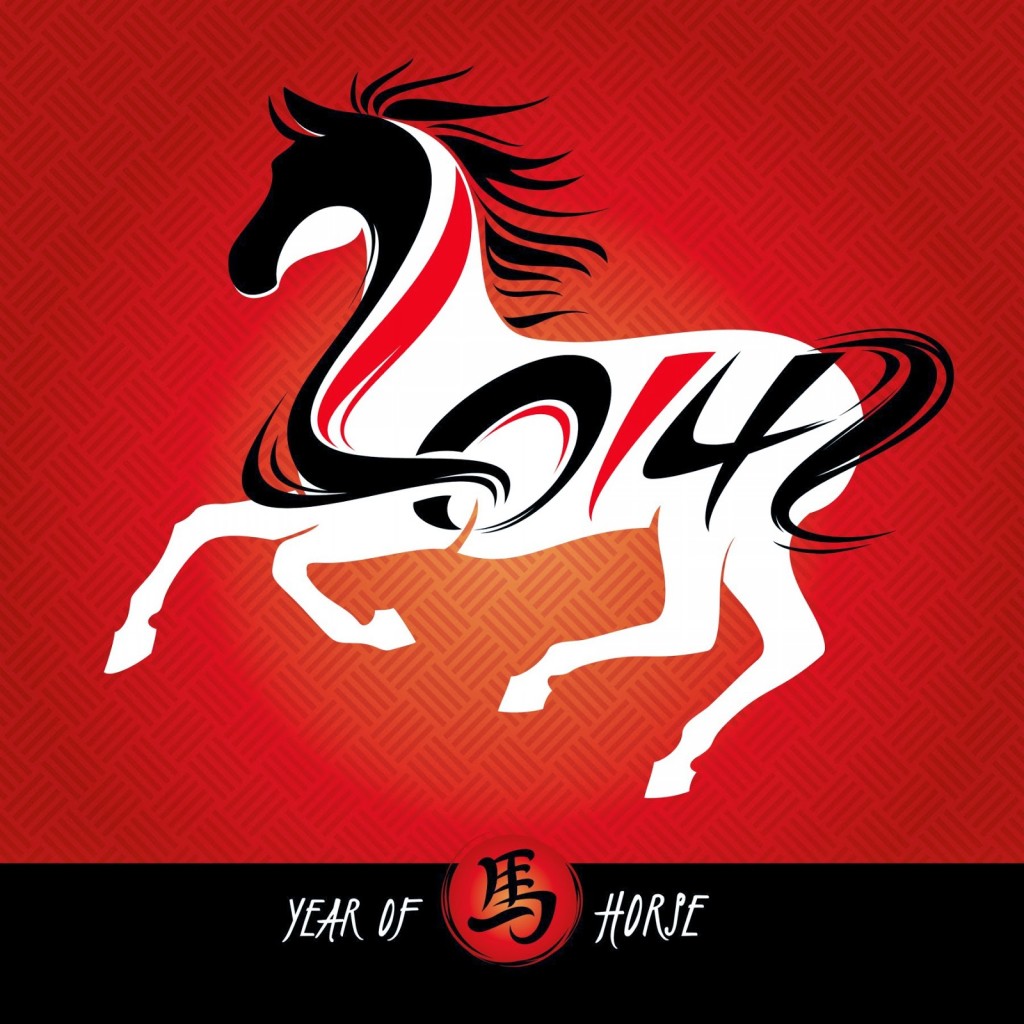Gong shi fah tsai! Gong hay fah tsoy! Shing nian kuai le! It’s January 31st, 2014 and Chinese people around the world are ringing in the next Year of the Horse! So start handing out those hong bao (or lai see, if you’re Cantonese)!
Just, please stop calling it “Chinese New Year”.
I get why people want to call it Chinese New Year: the New Year festival is one of the most raucous and celebrated festivals in China, featuring a week of time off and punctuated with dinner parties and lion dances. For Chinese folks, characteristically unimpressed in that dull week between December 24th and January 2nd, this our moment to let loose and party.
So, yes, it’s the New Year for Chinese people. But, it’s not Chinese New Year.
Today’s New Year festivities come out of the lunar calendar, and is celebrated by many Asian cultures including Chinese, Vietnamese, and Korean. Although all of these cultures now follow the Gregorian calendar for day-to-day business, the lunar calendar — traditionally used throughout Asia for centuries — remains recognized specifically for marking important holidays and festivals. So, most accurately, today is the Lunar New Year.
When we call it “Chinese New Year”, we ignore the fact that the New Year is also being rung in by non-Chinese Asians who have a perfectly legitimate claim to today’s New Year festivities that have pretty much nothing to do with China or Chinese people. When we call it “Chinese New Year”, we reinforce the invisibility of Southeast Asian cultures and people, like the Vietnamese, in our conversations about Asia and Asian Americans. When we call it “Chinese New Year”, we forget that today — Tet (I apologize I can’t figure out how to get the accents on the “e” in HTML) — is the biggest holiday for Vietnamese folks who have their own distinct traditions and practices for ringing in the new year, and we do the same for Koreans celebrating the same New Year’s day.
Additionally, when we call it “Chinese New Year”, we inherently “Other-ize” the New Year in a distinctly racial and ethnic way. It’s no longer “New Year For Those Cultures Who Follow the Lunar Calendar”; it’s “The Weird Day That Chinese People Picked to Celebrate New Year”, as if it’s some bizarre, affably exotic, adorably abnormal practice that Chinese people do and don’t we just love them for it. Calling it “Chinese New Year” rather than “Lunar New Year” removes the rationalization for today being New Year as related to the Lunar Calendar, and misguidedly re-centers it on being Chinese. It further emphasizes how non-Western the festival is; in the American context where January 1st is just the New Year (rather than the “Gregorian New Year” or “Western New Year”) it underscores the Western new year as the implicit “norm”.
So, as we usher in the Year of the Horse and approach the coming year with fresh ideas and promises, maybe it’s time to do away with “Chinese New Year”.
Maybe, it’s time to — once and for all — popularize wishing everyone a “Happy Lunar New Year”. Or, even just “Happy New Year” without racial or cultural qualifiers at all.
So, Happy Lunar New Year, everyone, and good luck in the coming year!

